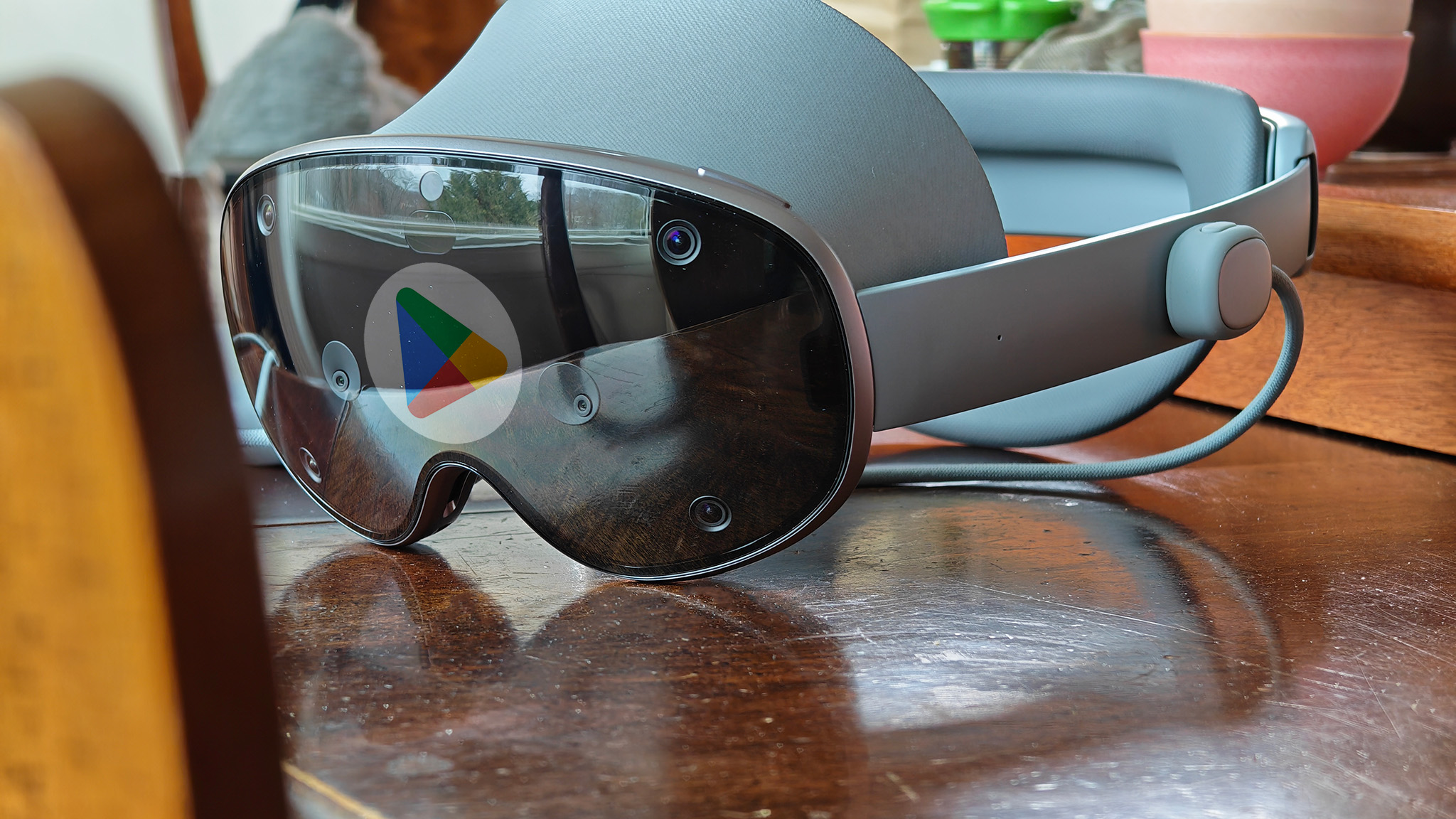Google joins Amazon, Apple, Zigbee Alliance, and others to help develop a smart home connectivity standard

Get the latest news from Android Central, your trusted companion in the world of Android
You are now subscribed
Your newsletter sign-up was successful
What you need to know
- Google and others are joining forces to improve smart home standards.
- Amazon, Apple, and others are in.
- There's even a new website with all of the information, too.
Google has announced that it has joined forces with Apple, Amazon, and the Zigbee Alliance to work on the adoption of a new connectivity standard designed to make it easier for smart home products to work with each other.
The Zigbee Alliance is made up of some big names in the world of smart home accessories and appliances, with names like Samsung SmartThings, Signify (makers of Hue bulbs, formerly Philips Lighting), and IKEA included. Google says that it wants "bring together market-tested technologies," hopefully making life easier for consumers.
We're joining Amazon, Apple and others to create Connected Home over IP, a new independent working group managed by the Zigbee Alliance (separate from the existing Zigbee 3.0/Pro protocol). Our goal is to bring together market-tested technologies to develop a new, open smart home connectivity standard based on Internet Protocol (IP). Google's use of IP dates back to the launch of Nest Learning Thermostat in 2011. IP also enables end-to-end, private and secure communication among smart devices, mobile apps, and cloud services.
As part of the joint efforts a new website, "Project Connected Home over IP", has been launched and people are encouraged to go there to get updates. Google also says that is contributing two of its open source technologies to the cause.
We're contributing two of our market-tested and open-source smart home technologies, Weave and Thread. Both are built on IP and have been integrated into millions of homes around the world. Weave, an application protocol, works over many networks like Thread, Wi-Fi, Bluetooth Low Energy, and even cellular. Even when devices are on different networks, Weave allows them all to securely work with each other.
Ultimately, this should be good news for consumers. The theory goes that this will allow device makers to more easily add support for services like Amazon's Alexa, Apple's Siri, and Google Assistant as well as others as they are developed or new companies come on board.
Get the latest news from Android Central, your trusted companion in the world of Android

